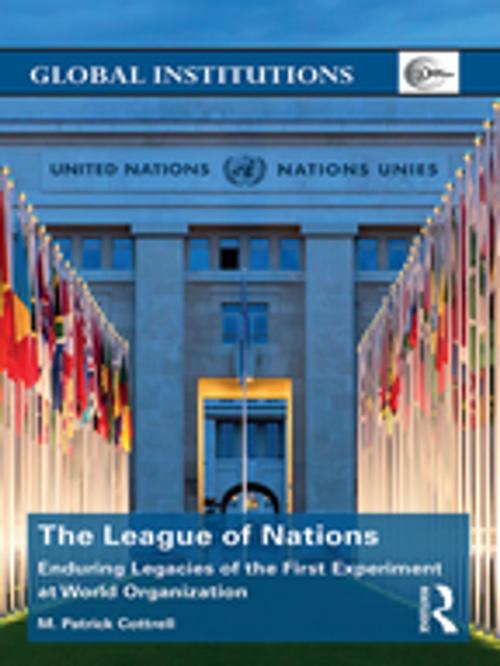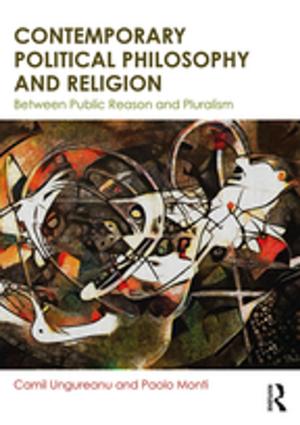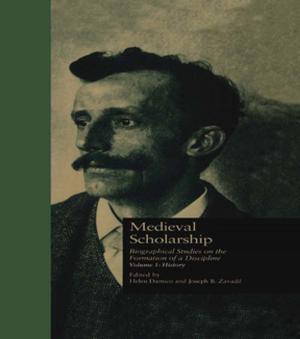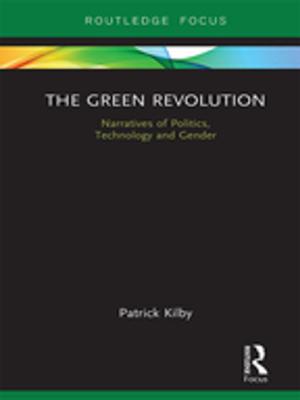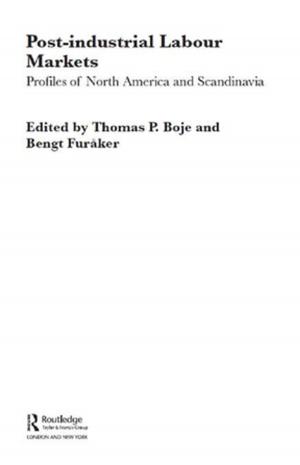The League of Nations
Enduring Legacies of the First Experiment at World Organization
Nonfiction, Social & Cultural Studies, Political Science, International, Treaties, International Relations| Author: | M. Patrick Cottrell | ISBN: | 9781317395966 |
| Publisher: | Taylor and Francis | Publication: | September 11, 2017 |
| Imprint: | Routledge | Language: | English |
| Author: | M. Patrick Cottrell |
| ISBN: | 9781317395966 |
| Publisher: | Taylor and Francis |
| Publication: | September 11, 2017 |
| Imprint: | Routledge |
| Language: | English |
The League of Nations occupies a fascinating yet paradoxical place in human history. Over time, it’s come to symbolize both a path to peace and to war, a promising vision of world order and a utopian illusion, an artifact of a bygone era and a beacon for one that may still come. As the first experiment in world organization, the League played a pivotal, but often overlooked role in the creation of the United Nations and the modern architecture of global governance.
In contrast to conventional accounts, which chronicle the institution’s successes and failures during the interwar period, Cottrell explores the enduring relevance of the League of Nations for the present and future of global politics. He asks: What are the legacies of the League experiment? How do they inform current debates on the health of global order and US leadership? Is there a "dark side" to these legacies?
Cottrell demonstrates how the League of Nations’ soul continues to shape modern international relations, for better and for worse. Written in a manner accessible to students of international history, international relations and global politics, it will also be of interest to graduates and scholars.
The League of Nations occupies a fascinating yet paradoxical place in human history. Over time, it’s come to symbolize both a path to peace and to war, a promising vision of world order and a utopian illusion, an artifact of a bygone era and a beacon for one that may still come. As the first experiment in world organization, the League played a pivotal, but often overlooked role in the creation of the United Nations and the modern architecture of global governance.
In contrast to conventional accounts, which chronicle the institution’s successes and failures during the interwar period, Cottrell explores the enduring relevance of the League of Nations for the present and future of global politics. He asks: What are the legacies of the League experiment? How do they inform current debates on the health of global order and US leadership? Is there a "dark side" to these legacies?
Cottrell demonstrates how the League of Nations’ soul continues to shape modern international relations, for better and for worse. Written in a manner accessible to students of international history, international relations and global politics, it will also be of interest to graduates and scholars.
